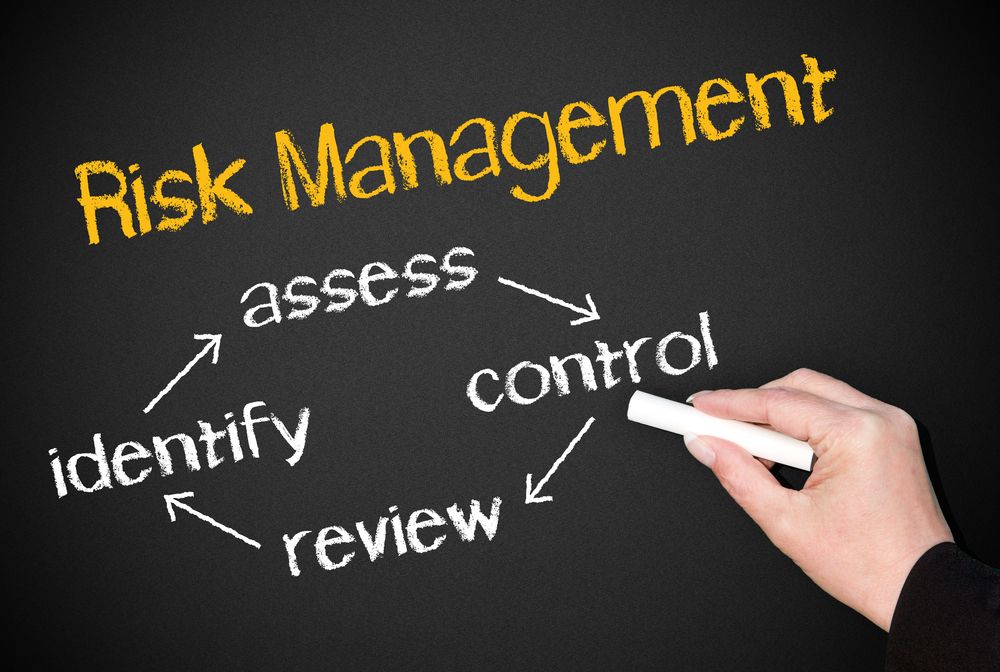Stop Loss
A type of specialized self-insurance that allows employers to pay employees’ healthcare costs up to a certain, predetermined amount—and then rely on the insurer to make up the difference. Though some employers see this as a tactic for saving money, others end up spending much more than they would have using a group health insurance … Read more









